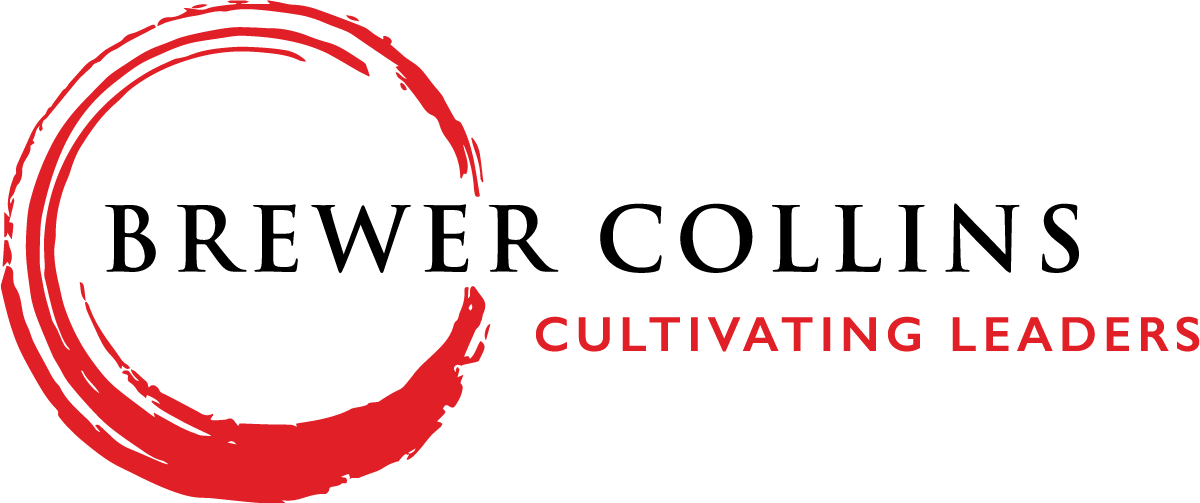5 Characteristics of Globally Resilient Leaders: Global Outlook
Aug 8, 2023. By Lori Brewer Collins

Leaders with a global outlook feel “at home” wherever they are. They aim to understand and function effectively in the whole world, rather than a few select parts of it. They think of themselves as a “citizen of the world”, rather than as a citizen of a particular country or place.
Leaders with a global outlook tend to be sociable, open and interested in forming relationships. They enjoy living in a wide variety of cultures and learning how others think, feel and approach work. They appreciate and embrace differences, and enjoy commonalities among those differences. They adapt in ways that are mutually beneficial.
They accept that people and cultures vary greatly and embrace the diversity of realities, perspectives, complexities, and paradoxes that people face within and across cultures. They don’t assume that ideas from their own culture are superior to those from other cultures. They choose to look at issues from multiple perspectives, including those of people from other cultures. With this as their backdrop, they can solve problems with “cultural humility”.
What A Global Outlook Looks Like
Nia doesn’t constantly voice comparisons with what things would be like in her “home” culture. No matter where she is in the world, she always finds a way to make deep human-to-human connections across cultures, traditions and beliefs.
As a young woman growing up in Angola, Nia sought out opportunities to learn other languages, starting with Portuguese and English. She was taught by an American entrepreneur and several foreign aid workers from Europe who were on international assignments. They kindled a keen interest in Nia to expand her horizons beyond her native country. Upon accepting a scholarship to study in the United States, she made it her mission to explore even more languages, cuisines and cultural traditions while living and studying there.
As a specialist in development food assistance, Nia has traveled to crisis areas all over the world. Nothing and no one is “foreign” to her. The global aid agency she works for appreciates her talent for engaging with new people and building a broad and ever-expanding network of authentic relationships in many places.
The secret to her success? The sense of wonder and curiosity she brings to experiencing different lifestyles and forms of expression. She is very clear about her own cultural identity: she is Angolan. At the same time, she is able to think transnationally about people and their challenges. Rather than attach significance to Angola as her central point of reference and identity in the world, Nia thinks of “home” in a much more fluid and universal way. “Home” is relative to wherever she is in this moment on the planet.
6 Ways To Cultivate A Global Outlook
Most of us don’t get handed extensive opportunities to travel, study and work abroad. Here are a few ways you can cultivate a more global perspective on life and business from “home”.
- Wherever you are in the world, deliberately socialize with people who don’t belong to your usual “tribe.” Practice connecting with other people without an agenda, just for the sake of connecting with them.
- Use your vacation to start immersion language training and/or try out live virtual reality learning.
- Sign up for a global MOOC (massive open online course) that includes breakout groups organized around interest, rather than geography. Keep a written record of your experiences, including moments when you felt like the outsider or the person who is different from everyone else.
- Mindfully expand your existing professional network to include people from more diverse cultures.
- Whenever possible, participate in projects and meetings that require you interact with people from other parts of the world.
- If you would like an assignment in another country or the opportunity to work on a project that requires international travel, find out what your organization is doing outside your home country for which you are suited. Start acquiring any necessary technical, management or language skills that you lack. As you do so, make your interest and commitment known.
__________
Photo credit: Jake Brewer, “Kilimanjaro”.





